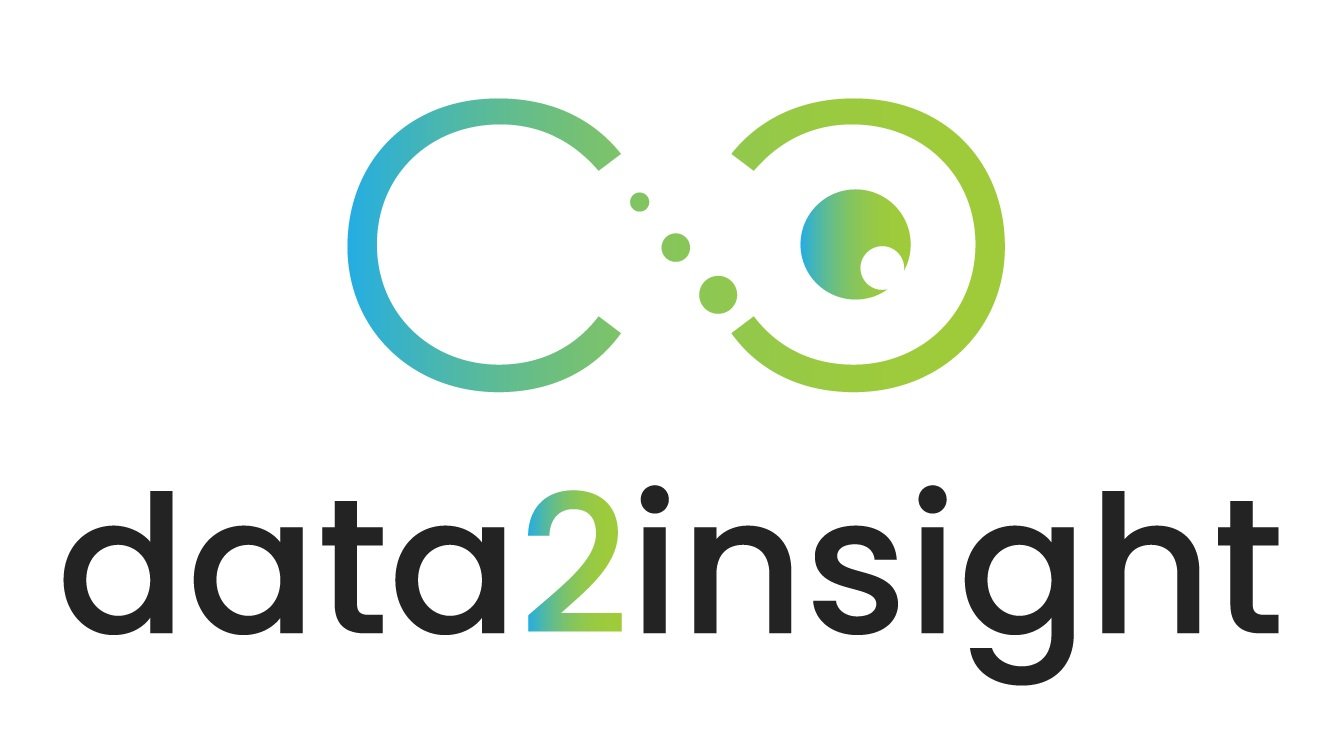Shining a Light on LGBTQ+ Professionals in STEM
I am Veronica S. Smith, data2insight lead executive and equitable scientist, a culturally responsive measurement, evaluation, and assessment firm with team members across the United States. I am also a 52-year-old white, bisexual, cisgender woman who has been educated, trained, and working in science, technology, engineering, and math (STEM) professions for 30 years. Because of this experience, much of our company’s work is focused on STEM education and workforce justice, equity, diversity, and inclusion.
This work has highlighted an issue that is personal for me: LGBTQ+ (lesbian, gay, bisexual, transgender, queer, intersex, and asexual) folks are nearly invisible in the efforts to diversify STEM education and the STEM workforce in the United States.
Based on my experience, one obvious reason for this invisibility is that we make up less than 10% of the population and many non-LGBTQ+ folks are uncomfortable asking people about sexual orientation. Furthermore, major institutions are not asking about it. You probably are aware that the 2020 United States Census did not include questions about sexual orientation. In STEM, one of the major funders of broadening participation in the U.S. STEM workforce is the National Science Foundation (NSF). NSF is an independent federal agency with an approximately $8 billion-dollar annual budget, a mission to promote the progress of science, and a vision of a nation that is the global leader in research and innovation. As of 2019, this influential agency was still in the planning stages of piloting the collection of LGBTQ+ demographic data in national surveys like the National Survey of College Graduates, despite receiving a letter in 2018 making a compelling case for the importance of gathering this data from the scientific community. One of the letter’s authors was the American Association for the Advancement of Science (AAAS), an international non-profit organization dedicated to advancing science around the world.
If NSF collected and shared STEM LGBTQ+ student and professional data, it could help us answer myriad questions about STEM’s LGBTQ+ community—“whether they’re here, whether they’re being retained, what is their work trajectory, do they get paid as much”—notes Lauren Esposito, an assistant curator at the California Academy of Sciences in San Francisco and cofounder of the 500 Queer Scientists visibility initiative.
Thankfully, researchers E.A. Cech and T.J. Waidzunas have made an important contribution to answering these questions in their January 2021 Science Advances article. Their report summarizes the analysis of representative survey data from 21 STEM professional societies of a total of 25,324 STEM professionals, including 1,006 LGBTQ+ STEM professionals. They have taken a vital step forward in assessing LGBTQ+ inequality in STEM.
Key Findings
LGBTQ+ STEM professionals were:
More likely to experience career limitations, harassment, and professional devaluation than their non-LGBTQ+ peers.
Reporting more frequent health difficulties and were more likely to intend to leave STEM.
These findings reveal LGBTQ+ status as a clear axis of STEM inequality. I encourage future evaluation and research into the mechanisms producing these outcomes to broaden the engagement and persistence of LGBTQ+ people in STEM education and careers. The health and resiliency of all our communities depends on it.
Get Involved!
Increase our visibility! If you are an LGBTQ+ STEM professional like me, please join me in sharing your story at this website!
Consider joining the Consortium of Higher Education LGBT Resources Professionals
Rad Resource
Link to Vanderbilt University’s guide on how to ask questions about gender identity and sexual orientation in a culturally responsive way. Remember, these questions are always optional for respondents to answer.
See more here.

